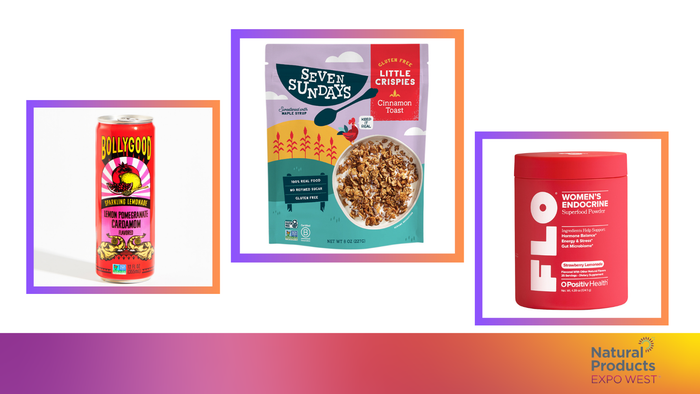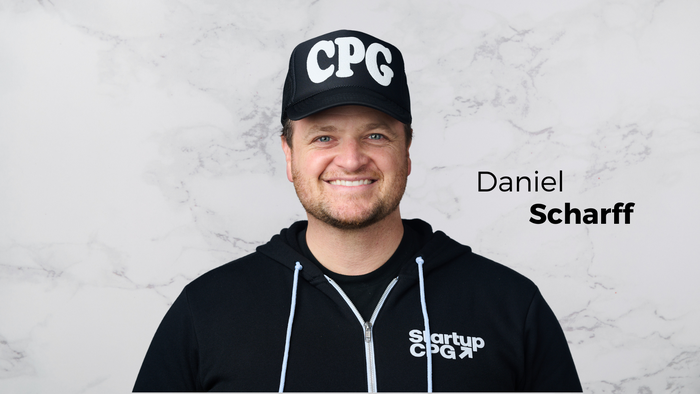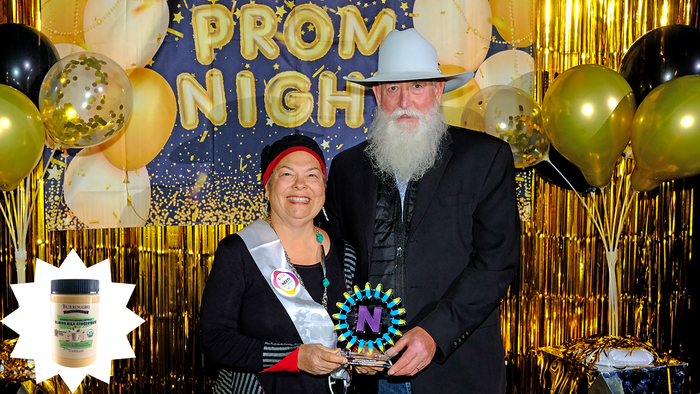I’ve described dietary supplement as “an antidote to modern life,” intended to supply nutrients that we’re not getting from industrialized food, to help the body combat the toxins of a chemically altered environment, to encourage better sleep and to support a better response to the stress born in the countless distractions and duties we are all tasked to bear.
But for many people supplements also represent an antidote, or at least an alternative to pharmaceuticals, the latter of which they may see as a misguided attempt to treat sickness instead of fostering wellness. That’s why it’s curious to see so many supplement brands attempting to mimic pharmaceuticals, rather than marketing themselves as an alternative.
Some of these attempts are examined in the Nutrition Business Journal’s Return of the Dark Issue, published last month.
Why so faux?
The most topical and timely of the faux pharma positioning runs in pace with GLP-1 agonist drugs such as Ozempic, which have disrupted the concept of weight loss. Though all food effectively “stimulates GLP-1”—that’s how we feel “full”—the effect is fleeting compared to that provided by weekly injections of these drugs. That hasn’t stopped many supplement brands from putting “GLP-1” on their labels, however, and many go so far as to use the term in their actual product names. Kourtney Kardashian, for instance, has introduced a GLP-1 Daily supplement.
In some cases, the ingredients and effects of these products are healthful—especially in the case of fiber-forward formulations—but the drug callout seems the wrong message for supplements.
In a story from NBJ’s Dark Issue headlined “GLP-not,” Naturopath and supplements innovator Jacqueline Jacques explains how GLP-1 claims on such products do not come close to matching what the pharmaceuticals deliver, and why the supplement industry should focus on the more legitimate and accomplishable claims of helping people lose modest amounts of weight or avoid regaining weight. Such goals fall into a sweet spot where the right products will match up well with the coming post-zempic legions, she contends.
Another story from NBJ’s Dark Issue explores how the race-to-riches CBD wave that washed over the natural products industry just prior to the pandemic set the stage for potentially intoxicating drugs now for sale in the notoriously unregulated gas station channel. NaturPro Scientific’s Blake Ebersole explains that greed and wild claims built the surplus of CBD that eventually got turned into the Delta-8 THC phenomenon, high-inducing products sold as supplements.
Similarly, a story by NBJ staff writer Robyn Lawrence delves into the market for psilocybin mushrooms, which are technically illegal but sold as supplements online. These products, which may not be tested for purity and potency, could represent a looming black eye for the promising psychedelic therapy movement.
These are not the only cases of supplements aligning too closely with pharmaceuticals. Kratom, sold as a supplement, may hold great promise as a mood and mental health product if the dosage and delivery were well conceived, but it is also marketed in the language of street drugs. Kava is often similarly positioned. In the mid 2010s, we saw products sold as supplements but clearly marketed to echo the practice of mixing codeine cough syrup into a beverage known in certain circles by names such as “lean” and “purple drank.”
From Ozempic-mimicking claims to untested psilocybin sales and the way kratom is often sold, such practices and languages seem in direct opposition to the more proper role of supplements as that antidote to modern life. This doesn’t mean that responsible supplement brands need to be on a crusade to stamp out such practices, but they do need to be prepared to support legislation that might better control the phenomenon.
Regulations already bar supplements from making drug claims but there is still room for measures that curtail the most flagrant drug-like marketing tactics. If the industry stands in opposition to that, reflexively declaring any further regulation as a slippery slope, it effectively seeds ground to the most reckless brands.
About the Author
You May Also Like






